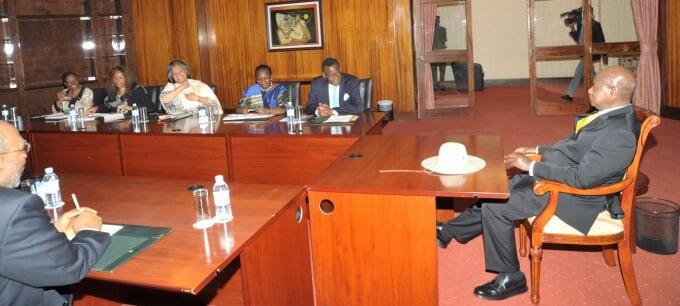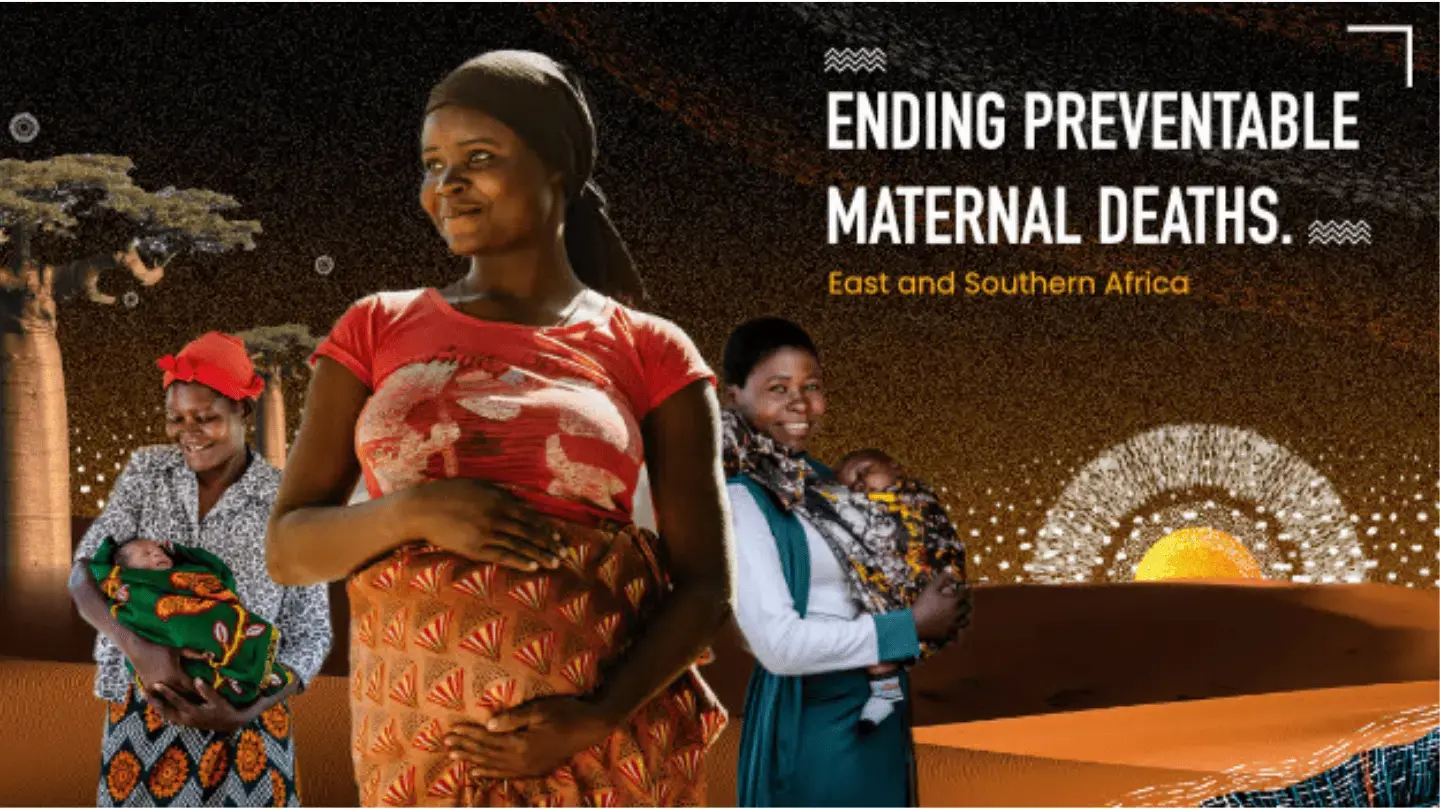“Family Planning is good for the health of the mother, good for the health of children, and for the welfare of the family!” For most delegates who attended the opening of Uganda’s first National Family Planning Conference on 28 July 2014, these words from President Yoweri Museveni came as a surprise.
The three day conference, themed Accelerating social and economic transformation through universal access to voluntary family planning, was hosted by the Ministry of Health and the United Nations Population Fund (UNFPA), together with other partners. It brought together health experts, researchers, development partners and young people to share experiences and ideas on how to rejuvenate efforts to make family planning services and information more accessible to individuals and couples.
For the first time, President Museveni clarified his position on Uganda’s population growth: “Population per se is not the biggest problem; the biggest problem is the lack of economic growth and transformation,” he said.
If population was managed without simultaneous management of other factors, including education, health, infrastructure and job creation, the country’s development would be impeded. He said the concept of family planning should not be equated with population ‘control’.
For those who understand the language of the demographic dividend, President Museveni endorsed family planning as a pillar in socio-economic transformation. Uganda could accelerate its socio-economic transformation and realize its aspirations to become a middle-income country in a shorter period of time if it addressed the current high fertility, he said. By doing so, the country has a window of opportunity to reap the demographic dividend by reducing the dependency ratios and expanding the size of the working-age population.
As this was a very strong statement from the President Museveni, the audience of over 800 people burst into applause, nodding their heads in agreement at what many referred to as a position shift. President Museveni himself acknowledged it at the beginning of his speech, saying: ‘It is now clear that views on Uganda’s population growth are starting to converge.”
For Dr. Babatunde Osotimehin, UN Under-Secretary-General and UNFPA Executive Director, this was a turning point for Uganda. “It is also good that we are talking about this in the context of what we are going through now, that Uganda is going to chair the UNGASS (UN General Assembly Special Session). I am almost persuaded that his (President Museveni) position is affecting all the leaders of Africa,” Dr. Babatunde said.
Uganda’s previous position on family planning
For almost a decade, President Museveni had been adamant about focusing on economic investment only, arguing that social services could be considered only after the economy was strong and generating resources to finance social services.
In April 2012, Dr. Babatunde met with President Museveni at State House in Entebbe to request his support in addressing the high population growth rate in Uganda through balanced investment in socioeconomic and development interventions.
At the time, Dr. Babatunde spoke of the high population growth rate and the need to invest in the current demographic bonus represented by the bulging population of young people, which would last for only 30 years. This could be done by investing in people, including education, health services and empowerment for them to participate in the economic development of the country, including adding value to agricultural products.
He informed the President that UNFPA is a neutral broker seeking a ‘quality population’ and not ‘population control’.
He asked President Museveni to champion birth spacing, ensuring that every woman who wanted to space their births would be able to do so. He emphasized that family planning would reduce maternal deaths by up to 33 per cent by preventing unwanted pregnancy and related abortions and pregnancy complications associated with closely spaced births.
During that meeting, President Museveni reiterated what he had said at the opening ceremony of the Inter Parliamentary Union Assembly they had both attended earlier that day. This was that socio-economic transformation needed a complete package of stimuli. He criticized people who talked about population as proponents of one stimulus only.
The President said the economic growth rate of 6.5 per cent would be higher, at around 11–12 per cent, if the bottlenecks of insecurity and the lack of electricity and roads were successfully addressed. A population management programme was secondary to programmes that stimulated economic growth, such as infrastructure, electricity, education and markets for goods. “How do you speak about good governance without electricity?” President Museveni asked at the time.
In response, Dr. Babatunde informed President Museveni of the Family Planning Summit to be held in London in 2012, and co-hosted the UK Government and the Bill and Melinda Gates Foundation.
The 2012 Family Planning Summit
At the Summit, President Museveni announced his decision to support investment in family planning unequivocally. He pledged that the Government of Uganda would spend $5 million annually on family planning services for the next five years, which amounted to an increment of 30 per cent.
In his speech, President Museveni said that stock-outs of reproductive health supplies would be prevented, and that the Government of Uganda would strengthen the national Medical Stores capacity and distribution mechanisms through the public and private sector.
Stakeholders renew their commitment
At the closing of the conference on 30 July 2014, the participants’ excitement was palpable. Pledges were made by all stakeholders – from young people to religious and cultural institutions, District Local Leaders, Members of Parliament, health experts, civil society and development partners – and the overarching message was summarized by the State Minister for Primary Health Care, Sarah Opendi.
“Family planning is no longer an issue for women only; it is an issue for everyone. And for me, seeing the leaders of this country, the young people and everyone here reaffirm their commitment to ensure access to family planning services and information, it is done!” she said. “I see our journey to reducing maternal and child death has just begun, and we shall [get] there.”
At the closure, Deputy Speaker of Parliament Jacob Olanya summed it up: “This is such an important debate that can never be closed. I am going to declare that the deliberations made during this conference have just begun,” he said.





